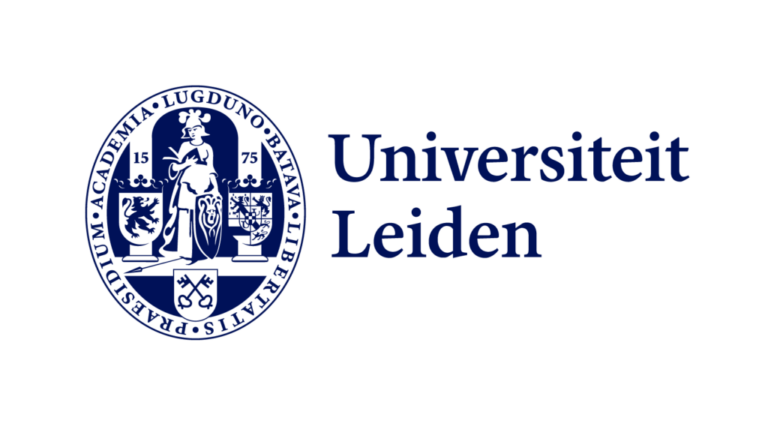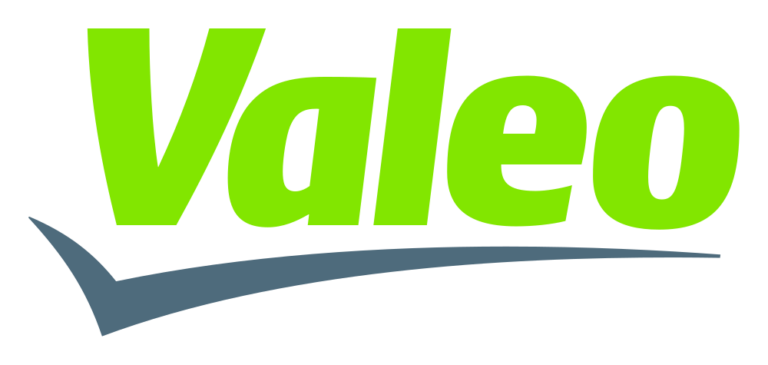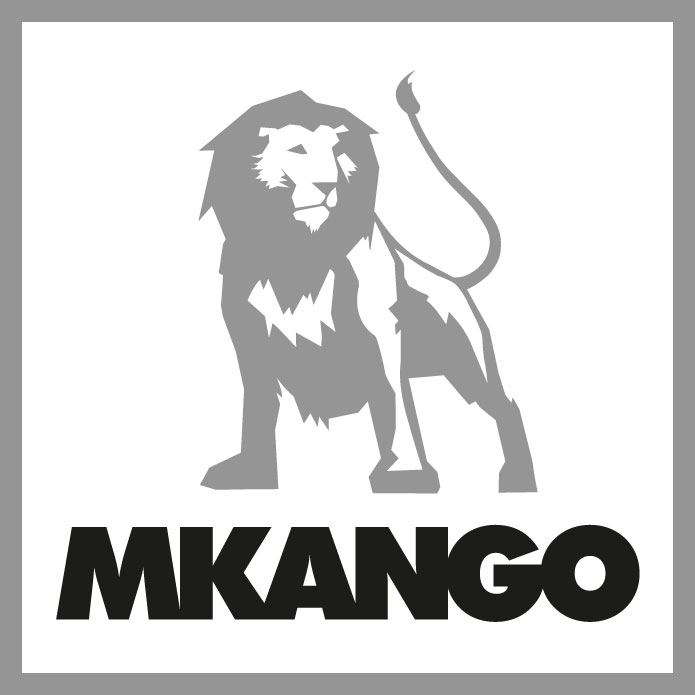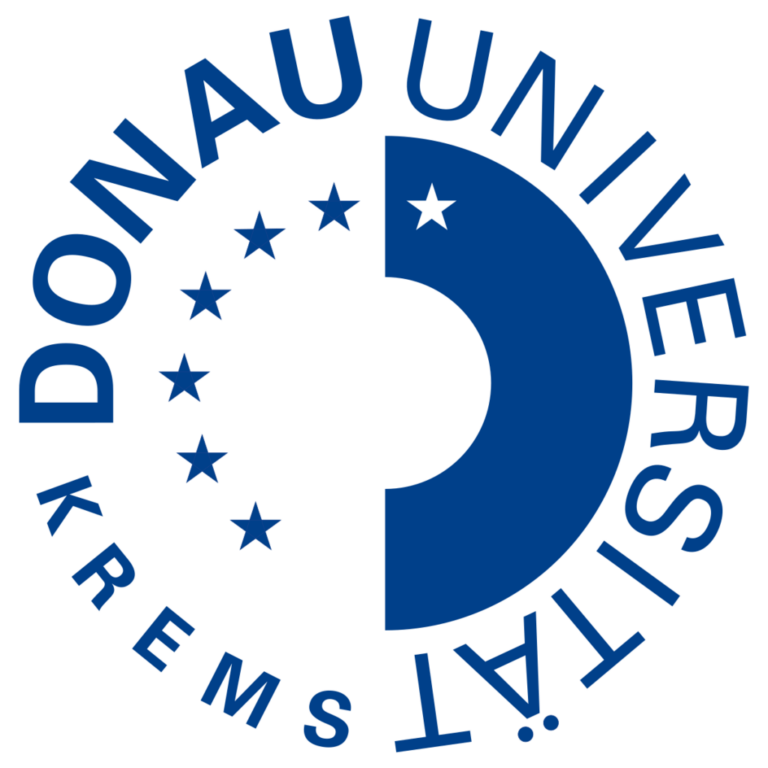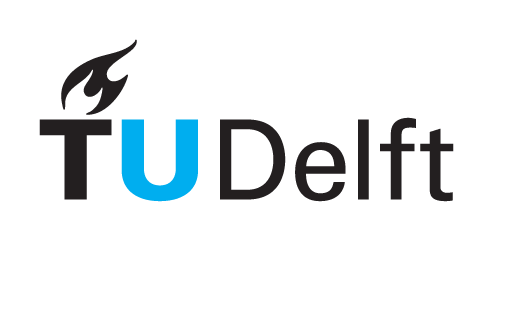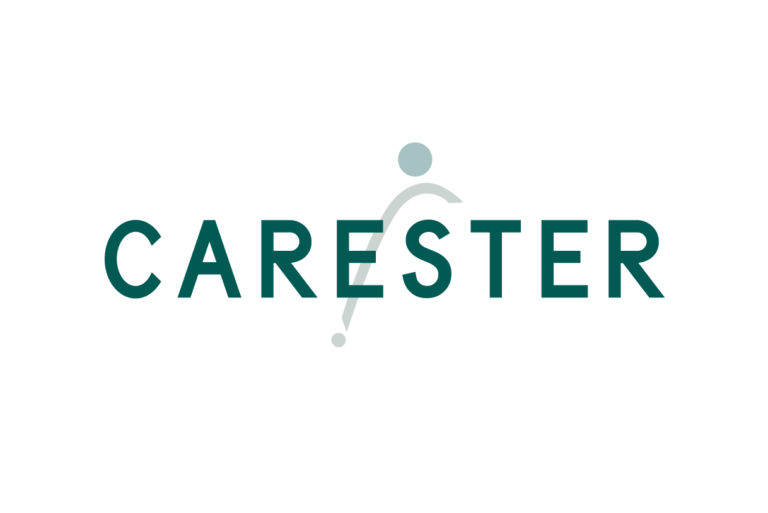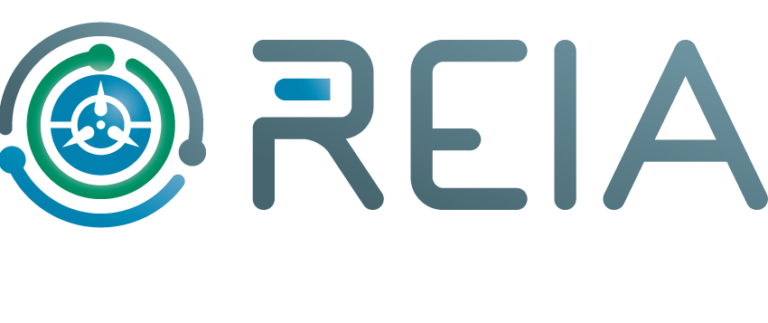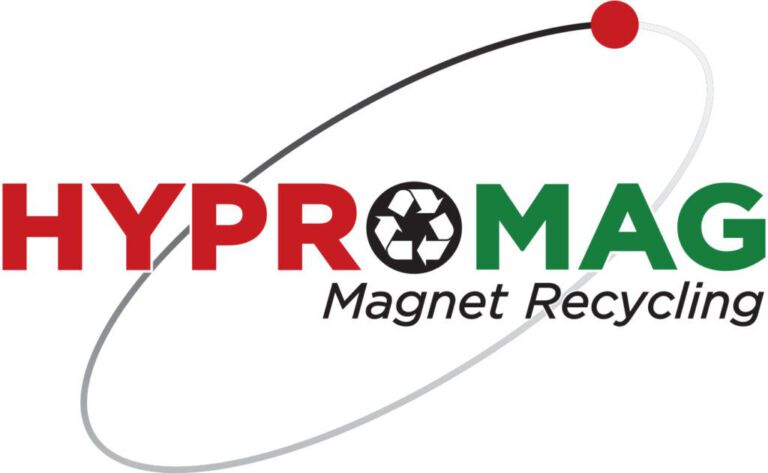What is REEsilience about?
The project REEsilience is funded by the European Union’s research and innovation programme Horizon Europe (GA No. 101058598) and coordinated by the Institute for Precious Metals and Technology (STI) of Pforzheim University, Germany and will last until June 2026. The consortium comprises 16 project partners and two associated partners from ten European countries (Austria, Belgium, France, Germany, Netherlands, Poland, Slovenia, Spain, Sweden and the United Kingdom).
REEsilience project aims to build a more resilient and sustainable supply chain for rare earth magnetic materials and products in Europe and will create new market opportunities for critical raw materials more sustainably produced in the continent.

Challenges
Why should we care about Rare Earth Magnets?
Rare Earths Elements (REE) are necessary materials to achieve the green and digital transition in Europe. They are an essential part of permanent magnets, strong and very efficient magnets used in, e.g. e-vehicles, wind turbines or sensor applications. The market for RE magnets itself is relatively small – about €6.5 billion – however, its downstream leverage is enormous: the mobility business in the EU alone is expected to grow to about €500 billion by 2030, with 6 million jobs. While being a world leader in the manufacturing of, e.g. electric motors, the EU is fully import-dependent along the entire value chain of RE magnet materials. Despite a growing market, European magnet production capacity is underutilised and tends to serve specialised niche applications. In addition, RE magnets are increasingly imported as part of motors and generator assemblies and products.
The European import-dependency along the entire value chain of rare earth magnet materials. Despite a growing market, European magnet production capacity is underutilised and tends to serve specialised niche applications.
Solutions
How does REEsilience build resilient and more sustainable Rare Earth Magnets in Europe?
The REEsilience project partners will categorise Rare Earth Elements by geographic locations, quantities, chemical composition, ethical and sustainable indicators, ramp-up scenarios, and pricing, considering all value streams from virgin to secondary material to achieve the goal. The project will also build a production system that ensures a more resilient and sustainable supply chain for Rare Earth materials and magnets for the e-mobility, renewable energy and other strategic sectors in Europe with fewer dependencies on non- European economies.
Moreover, a newly-developed software tool will determine optimum mixing ratios to consistently ensure high product quality with maximum secondary materials for high-tech applications. Combined with new and improved technologies for alloy production and powder preparation, especially of secondary materials, the yield and stability of processes will be further enhanced. That allows further augmentation of the proportion of secondary materials in RE magnet production while reducing waste, environmental damage, and energy consumption linked with virgin material acquisition. Preliminary findings from other EU projects, especially SUSMAGPRO, plays a key role in the processes.


Objectives
What are the objectives of REEsilience?
REEsilince aims to create new market opportunities for critical raw materials sustainably produced in Europe by developing digitised, resource-efficient and resilient Rare Earth supply chains to produce strong Permanent Magnets needed by the e-mobility, renewable energy and other strategic sectors. Its innovative and holistic approach establishes a direct link between raw materials producers and end users. It creates new circular business models with a convincing and quantified socio-economic impact by increasing Europe’s raw materials supply capability and providing high value-added and more sustainable products with enhanced functional properties.
Impacts
What are the wider impacts of REEsilience for a sustainable and prosperous future?
The higher adoption of secondary materials in the industry leads to more sustainable products and better environmental impact. REEsilience will upscale emerging and existing recycling technologies with high material yields, securing/creating jobs and supporting scientific leadership.
More traceability in Rare Earth value chains supports higher acceptance and trust in sustainable materials production, creating new market opportunities.
Moreover, higher adoption of improved, standardised magnets, labelling and eco-designs in the industry support the increase of recycling, reducing the economic attractiveness of waste discharge and dubious exports.
REEsilience establishes commercially competitive material and magnet production in Europe’s highest volumes and higher safety and sustainability criteria, enabling a thriving green and digital transition to EU open strategic autonomy.

Related EU Projects
Sustainable energy harvesting systems based on innovative mine waste recycling
Innovative Value Chains for European Ceramic Oxide Fibres
Resilient Enhancement for the Silicon Industry Leveraging the European matriX
Resilient Enhancement for the Silicon Industry Leveraging the European matriX
Who we are
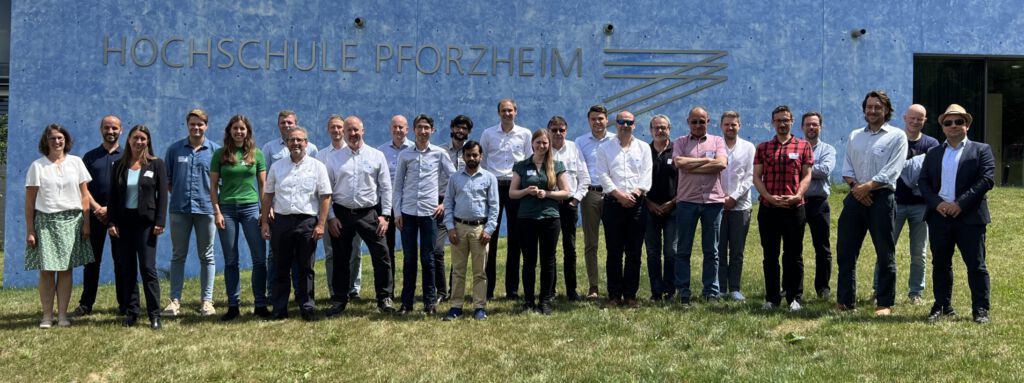
Unversity of Pforzheim (Coordinator) - Germany
Information: Pforzheim University is a public university of applied science in Germany. Located in Pforzheim, it was created to meet the demand for specialists in the jewellery industry and science before it grew to become one of the most essential and research-oriented universities of applied sciences in Germany. The main buildings of the campus are located in the southern part of the city (Tiefenbronner Straße), with affiliated institutes scattered around the city of Pforzheim.
Role in the project: The University of Pforzheim is the project coordinator and will be involved in all work packages. The main task is the Setup of Equipment; Magnet and Demonstrator Production).
Steinbeis Europa Zentrum - Germany
Information: Companies, start-ups, universities, research institutions and cluster initiatives receive support with financing, EU applications, innovation management, market access as well as strategic partnerships and regional and social transformation.
Role in the project: Steinbeis Europa Zentrum, as a project partner, leads the communication in the project and supports the project partners in dissemination activities and networking with relevant initiatives and projects, the exploitation of project results, administrative and financial issues of project management.
Jožef Stefan Institute - Slovenia
Information: The Jožef Stefan Institute is the largest research institute in Slovenia. The main research areas are physics, chemistry, molecular biology, biotechnology, information technologies, reactor physics, energy and environment. At the beginning of 2013, the institute had 962 employees, of whom 404 were PhD scientists.
Role in the project: The Jožef Stefan Institute contributes in using the latest research for boosting the properties of manufactured magnets microstructures via novel grain boundary processing to produce highly resource efficient sintered Nd-Fe-B PMs with improved energy products to be applied in novel e-applications thus to create an independent and efficient EU REEs-based PMs industry ecosystem.
University of Leiden - The Netherlands
Information: Leiden University was founded in 1575 and is one of the leading international research universities in Europe with more than 34.000 students. The University has seven faculties and a campus in both Leiden and The Hague. The motto is Praesidium Libertatis – Bastion of Freedom.
Role in the project: The Institute of Environmental Sciences (CML) of Leiden University conducts fundamental and policy-oriented research in the area of the use and management of natural resources and the impacts of resource use on the environment. In the REEsilience project, Leiden University will contribute to mapping all available REE sources within Europe and assess them in terms of planned volume and price development, GHG footprint, ethics and supply stability. Leiden University will quantitatively judge the overall sustainability of REEsilience through Life Cycle Assessment and Techno-Economic Assessment methods.
Valeo - France
Information: Valeo is a French global automotive supplier headquartered in France, listed on the Paris Stock Exchange. It supplies a wide range of products to automakers and the aftermarket. The Group employs 113,600 people in 33 countries worldwide. It has 186 production plants, 59 R&D centers and 15 distribution platforms.
Role in the project: Valeo is involved in this project as a major electrical machine manufacturer for passenger car and small mobility objects. Valeo will contribute by developing electrical machines optimized for recyclability and built with recycled rare earth magnets. The expected output is to evaluate the carbon footprint benefit of such a design and the magnets Life Cycle Cost.
RISE - Sweden
Information: RISE Research Institutes of Sweden (RISE) is a Swedish state-owned research institute collaborating with universities, industry and the public sector. RISE perform industry research and innovation as well as testing and certification.
Role in the project: RISE Sensor Systems & Sensor and Materials have a long experience in developing measurement systems based on magnetic sensors. RISE will develop sensor systems for monitoring of the production process of sintered and polymer-bonded magnets and quality control of the produced magnets. RISE will also investigate new scrap recycling methods for existing and emerging end-of-life magnetic sources.
Inserma - Spain
Information: INSERMA ANOIA S.L. is a services company specialising in different sections of the industrial sector. With a trajectory of 22 years of experience, innovation and formation, this can locate itself among the sharp shooting companies of the industry.
Role in the project: Inserma does Pilots and Systems integration and communication of the different machines. Supervision and Quality control. Bridge and Gateway between holistic software, production recipes and Quality feedback. Inserma is the provider of Software for Supervision and Cameras. Machines Gateway. Vision Quality Control. VR experience for dissemination and events.
Mkango - Poland
Information: Mkango’s corporate strategy is to develop new sustainable primary and secondary sources of neodymium, praseodymium, dysprosium and terbium to supply accelerating demand from electric vehicles, wind turbines and other clean technologies. This integrated ‘mine, refine, recycle’ strategy differentiates Mkango from its peers, uniquely positioning the Company in the rare earths sector.
Role in the project: Mkango brings a unique perspective to the project with its “mine, refine, recycle” strategy, the latter via its interests in HyProMag and Mkango Rare Earths, which are focused on short loop and long loop NdFeB recycling, respectively. Underpinned by its key projects in Malawi (mining) and Poland (separation), Mkango has experience relating to rare earth exploration and project evaluation, geology, geometallurgy, mining, processing, environmental and social aspects, market, financing and economics.
KOLEKTOR - Slovenia
Information: Kolektor is a Slovenian manufacturer of electronic components and equipment from Idrija. The product range includes water treatment equipment, hydroelectric power generation and power transmission, and components for automotive applications.
Role in the project: KOLEKTOR is involved in Production pilots, Inputs for demonstratorsand cooperation.
Circularise - The Netherlands
Information: Circularise is the leading software platform that provides end-to-end traceability and secure data exchange for industrial supply chains.
Role in the project: Circularise is developing decentralised platform for communication of material composition, material composition calculator and supply risk assessment. Circularise will support engagement and learning.
TU Bergakademie Freiberg - Germany
Information: The Technische Universität Bergakademie Freiberg is a public university of technology with about 4,300 students in Freiberg, Saxony, Germany. The 2021 QS World University Rankings by subject rated TU Bergakademie Freiberg No. 17 for Mineral and Mining worldwide and No. 3 in Europe.
Role in the project: TU Bergakademie Freiberg will demonstrate the production of high-quality RE metals/alloys using primary, secondary and blended raw materials. Optimisation of the cell design during molten salt electrolysis of RE elements such as Neodymium will be investigated in order to minimise the greenhouse gas emissions and energy requirements of the process. The Institute of Non-Ferrous Metallurgy and Purest Materials (INEMET) will lead the research and contributes fresh RE feedstocks among the consortium for the production of new permanent magnet.
Hypromag GmbH - Germany
Information: Hyprogmag is a technology start-up from Pforzheim, Germany, specializing in the reprocessing of rare earth-based permanent magnets. We offer our customers comprehensive expertise across the entire value chain of magnet recycling.
Role in the project: HYPROMAG’s role in the project is to look at separation and recycling of end of life NdFeB magnets. Our patented process is able to provide the lowest energy and shortest loop recycling of sintered NdFeB currently in use. We aim to improve that process and become an integrated part of the developing holistic supply chain. Working together is crucial in order to realise the efficiency and quality required to supply this critical material into a rapidly expanding market.
Danube Unversity of Krems - Austria
Information: The University for Continuing Education Krems is an Austrian university specializing in further education for working professionals. It is located in Krems an der Donau, Lower Austria.
Role in the project: The University of Continuing Education Krems supports the development and production of magnets by modeling magnetic properties. The expertise of Danube University Krems researchers lies in the inclusion of realistic microstructures, ranging from nanoscale chemical composition to macroscopic grain morphology.
TU Delft - The Netherlands
Information: The Delft University of Technology, also known as TU Delft, is the oldest and largest Dutch public technical university located in Delft, Netherlands. As of 2022, it is ranked by QS World University Rankings among the world’s top 10 engineering and technology universities.
Role in the project: The role of the TU Delft in the REEsilience project is to work in close cooperation with Leiden University on mapping the global REE supply chain, including its economic and environmental aspects. This information will then be used to create a detailed system dynamics model with which various disruptive and protective scenarios can be tested to assess and improve the dynamic resilience of the European REE supply chain.
CARESTER - France
Information: Carester is a company skilled in studying and designing rare earth production chains, while its unique network of experts aims to support and advise companies to create responsible, tailored start-up solutions suited to their objectives and the issues they face.
Role in the project: Thanks to its expertise in Rare Earth Elements extraction, separation and purification, Carester will bring insights in RE processing and assist in magnet characterisation and chemical analysis. Moreover, thanks to its proprietary Caremag process, Carester will propose a long-loop recycling alternative for material that is not suitable for the short-loop.
REIA - Belgium
Information: The Rare Earth Industry Association (REIA) is an international non-profit organization representing the global REE industry. Founded in June 2019, under the auspices of EIT Raw Materials Internationalization project GloREIA. The network continues to grow today.
Role in the project: REIA does Mapping and Discovery of Sources and contribute for Dissemination, Exploitation and Communication and help with Developing Exploitation and Uptake Strategies.
University of Birmingham - United Kingdom
Information: The University of Birmingham is a public research university located in Edgbaston, Birmingham, United Kingdom. It received its royal charter in 1900 as a successor to Queen’s College, Birmingham, and Mason Science College, making it the first English civic or ‘red brick’ university to receive its own royal charter.
Role in the project: University of Birmingham Building a 100 ton capacity NdFeB powder production facility at Tyesley Energy Park in Birmingham which will Incorporate the REEsilience characterisation equipment.
HYPROMAG Ltd - United Kingdom
Information: Hypromag Ltd was founded in 2018. The aim is to develop a full recycling supply chain for rare earth magnets based upon neodymium iron boron (NdFeB).
Role in the project: HYPROMAG’s role in the project is to look at separation and recycling of end of life NdFeB magnets. Our patented process is able to provide the lowest energy and shortest loop recycling of sintered NdFeB currently in use. We aim to improve that process and become an integrated part of the developing holistic supply chain. Working together is crucial in order to realise the efficiency and quality required to supply this critical material into a rapidly expanding market.




